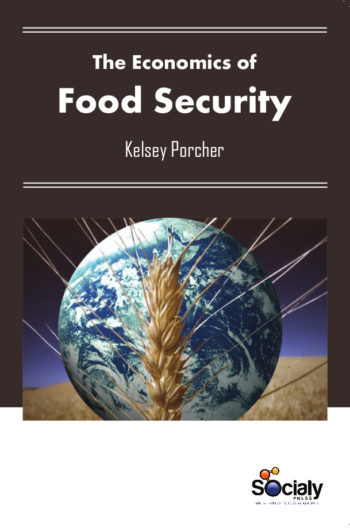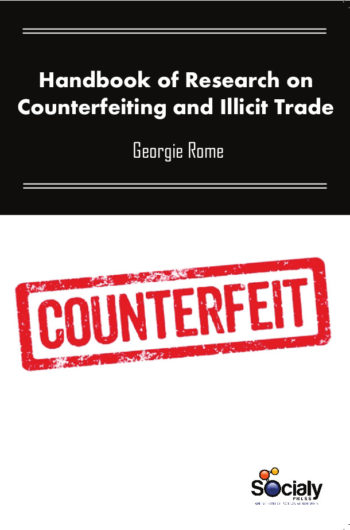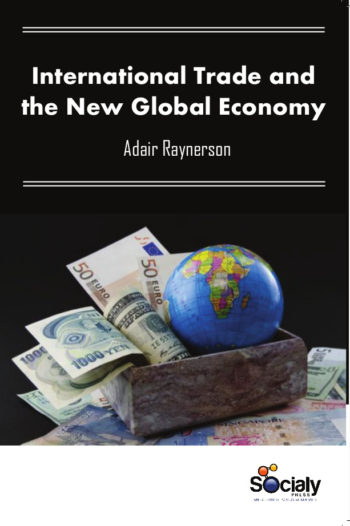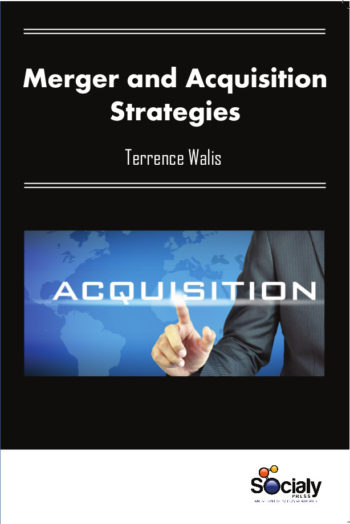Cultural economics is the application of economic analysis to the creative and performing arts, the heritage and cultural industries, in both the public and private sectors. It is concerned with the economic organization of the cultural sector and with the behavior of producers, consumers and governments in that sector. The subject includes a range of approaches, mainstream and radical, neoclassical, welfare economics, public policy and institutional economics and it also espouses interdisciplinary analysis connected to these topics. There have been an increasing number of studies concerned with culture and its relationship to economic growth. Culture affects economic activity through the choices that people make about how to allocate scarce resources. In other terms, while culture may be a fundamental determinant of economic activity, it acts through proximate factors like the accumulation of capital, the adoption of technology, or labor market participation decisions. The decisions regarding saving, technology adoption and labor market participation are similar in that they involve some sort of constrained optimization problem. That is, there is some budget constraint and some utility function, and people do the best they can to maximize utility while keeping within that budget. So if culture is going to influence economic activity, it has to influence those constrained optimization problems. And there are really only two options then. Either culture influences budget constraints, or it influences utility functions.
This Book, Advanced Introduction to Cultural Economics, deals with the theoretical development of cultural economics as a subject, the application of economic analysis and econometrics to the field of culture, and with the economic aspects of cultural policy. Contributions by specialist reflect changes in the field of cultural economics over the last years. It applies economic analysis to all of the creative and performing arts and the heritage and cultural industries, whether publicly or privately funded. Additionally, the book explores the economic organization of the cultural sector and the behavior of producers, consumers, and governments within the cultural sector. Readers will find original researches dealing with the theoretical development of cultural economics as a subject, the application of economic analysis and econometrics to the field of culture, and the economic aspects of cultural policy.








